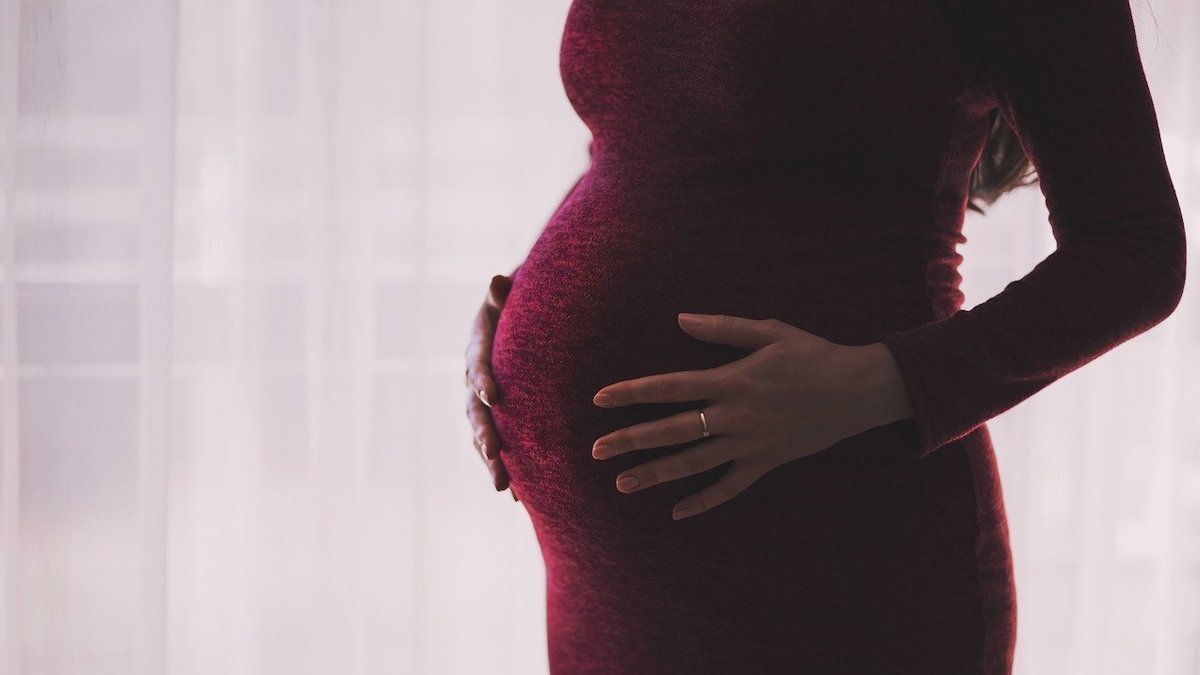
A paper recently published by researchers at The Brookings Institution proposed a comprehensive approach to addressing the needs of women and children impacted by the opioid crisis.
Rising rates of women using opioids during pregnancy has led to higher rates of children being born with a transient pediatric withdrawal condition called neonatal abstinence syndrome (NAS). Fear of NAS by the public has spurred increasingly severe punishments for women who use opioids during pregnancy, including criminalization.
These policies place the needs of unborn children against the welfare of the mothers when it is, in fact, impossible to separate the health of infants and mothers, the paper states.
OUD is a condition that usually predates pregnancy, and is often exacerbated by external factors such as poverty and lack of access to health care. Parents with untreated OUD are more likely to overdose, be incarcerated or be separated from their children, according to the paper. Methadone and buprenorphine are effective medications to treat opioid addiction, but their use is tightly regulated and attached with stigma. Finally, child welfare strategies for infants born with NAS tend to focus on relatively short-term planning when parents with OUD may need resources and support to enable effective long-term parenting.
Published on July 22 by researchers N. Jia Ahmad, Joshua M. Sharfstein and Paul H. Wise, "All in the family: A comprehensive approach to maternal and child health in the opioid crisis" proposes a comprehensive approach to meet the needs of woman and children impacted by the opioid crisis by addressing three challenges: The inconsistent response to the national overdose epidemic, the politicized landscape of women’s reproductive health and public systems designed to protect children from maltreatment.
The researchers propose that policy approaches be guided by the following principles:
Follow evidence, not ideology. Policy development should be guided by interventions backed by scientific evidence that promote child and maternal health. There is need to ease access to medical treatment for OUD, to keep families together and to enable parents to address infant needs after birth.
Expand attention to women, children and families beyond NAS, researches said. The needs of children and parents impacted by the opioid crisis extend beyond childbirth. Effective strategies for the well-being of families need to address factors that often accompany opioid use, such as poverty and lack of access to health care.
Provide comprehensive women’s health services throughout the reproductive lifespan. Policy approaches should ensure comprehensive women’s health during pregnancy and throughout women's lives. Effective approaches to treating OUD must integrate a range of medical and social services, including contraception, mental health, and primary medical care, alongside opioid treatment strategies.
Adopt supportive interventions, not punitive ones. Evidence suggests that strategies that focus on treatment and engagement with medical and social service systems lead to better results than approaches that focus on criminal punishment.
Provide support to preserve family unity. Evidence suggests that efforts to enable good parenting skills are more beneficial for children than separation. Policymakers should consider implementing approaches such as home visits and care coordination to support family needs.